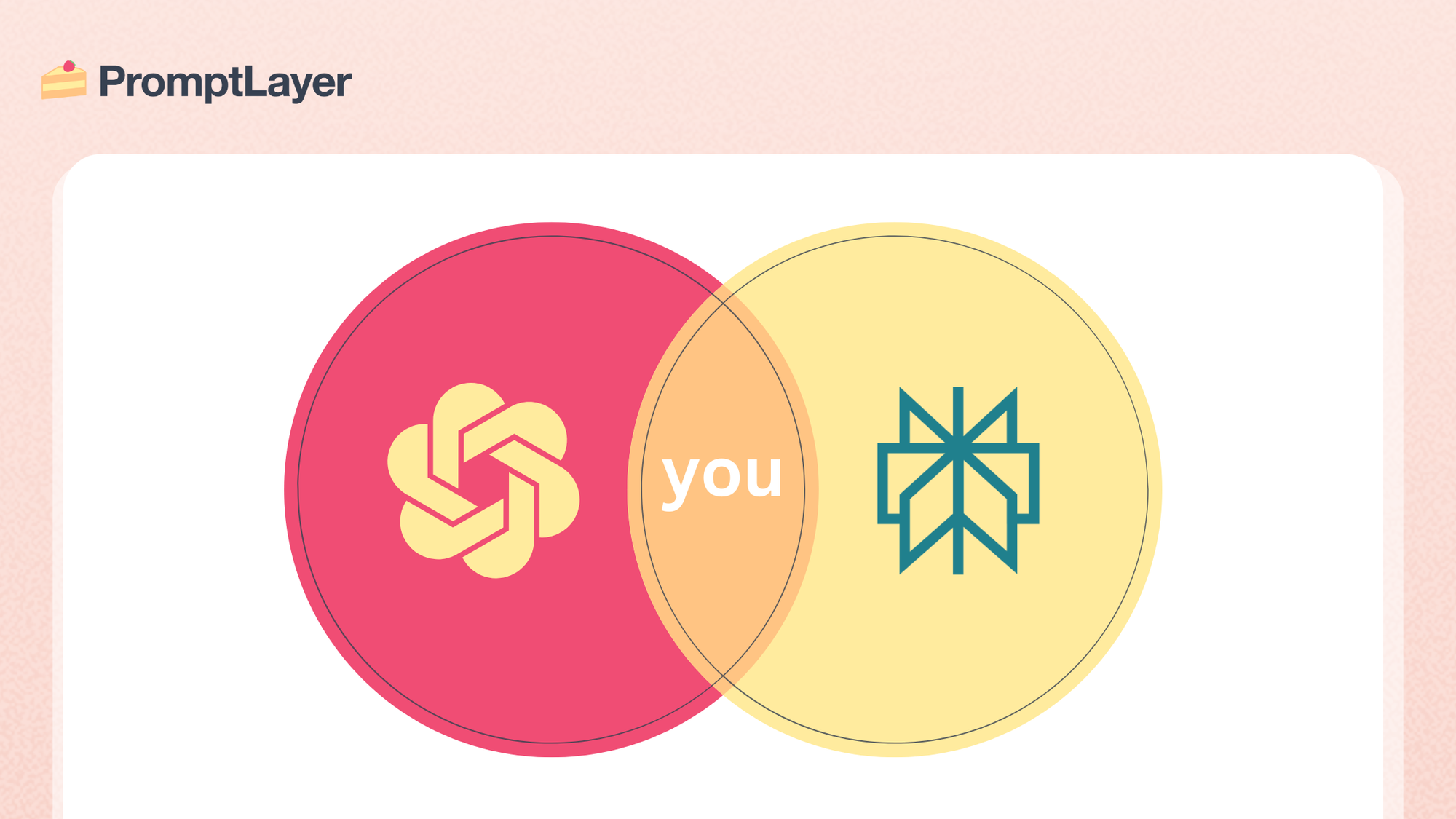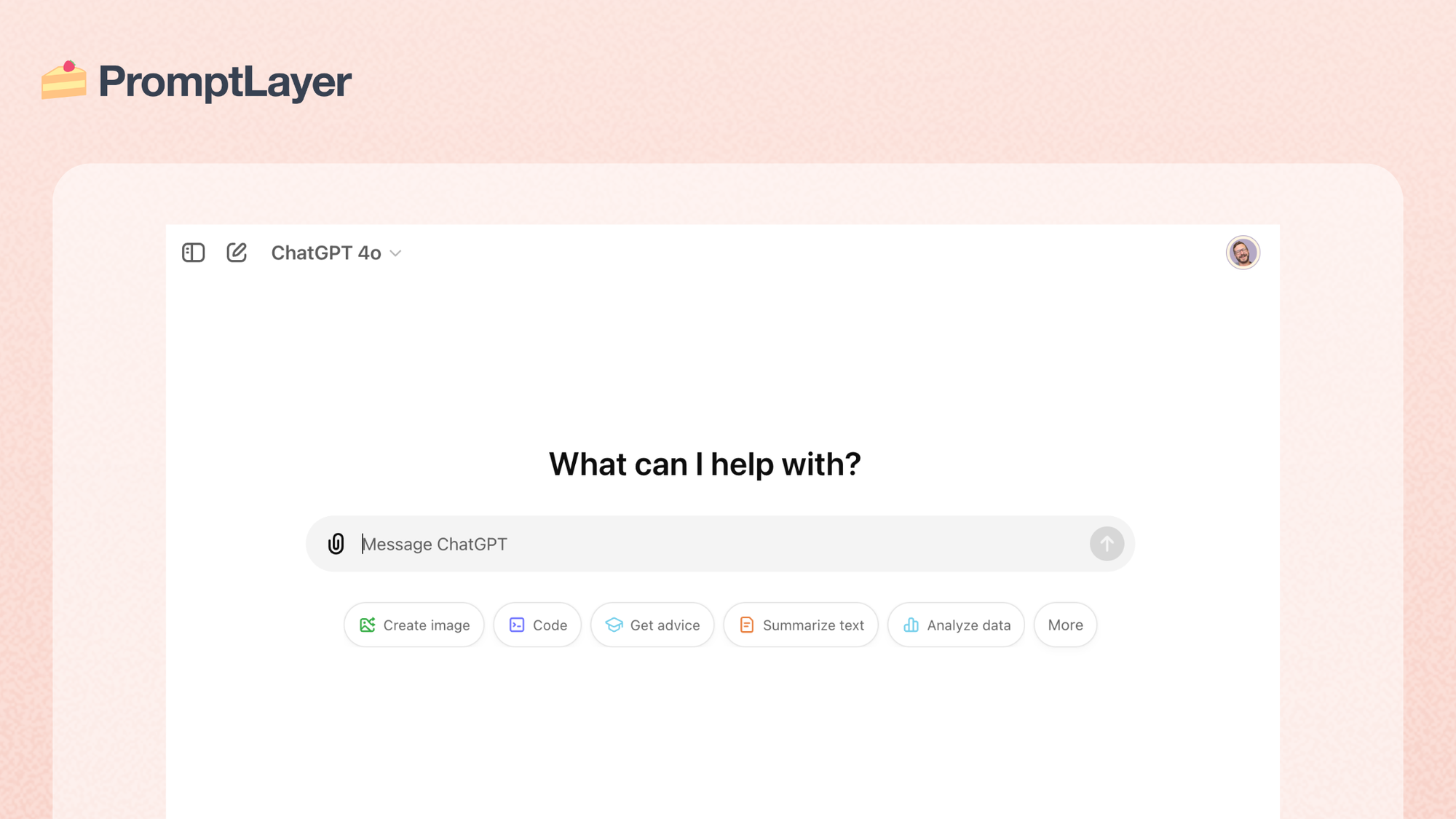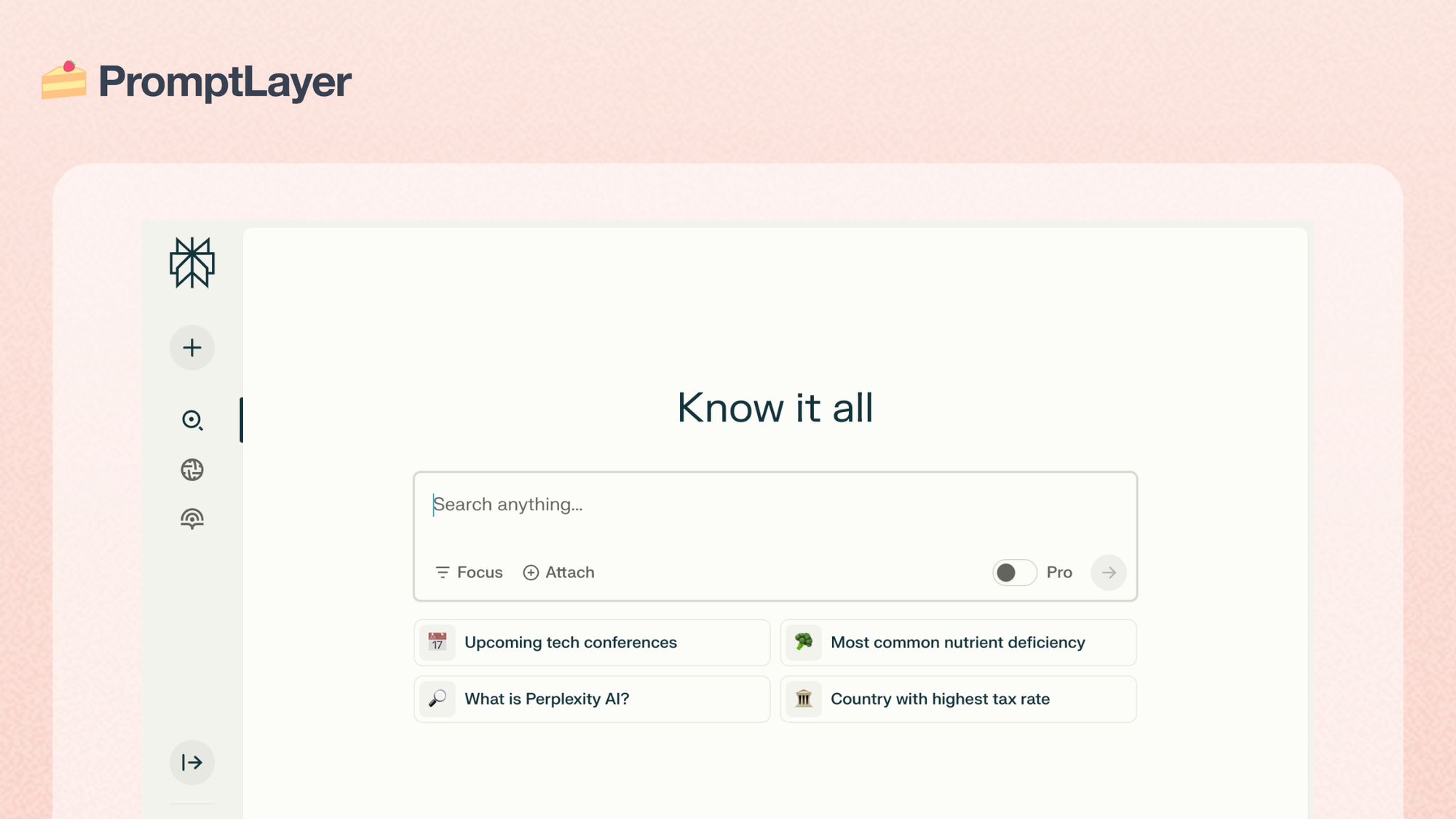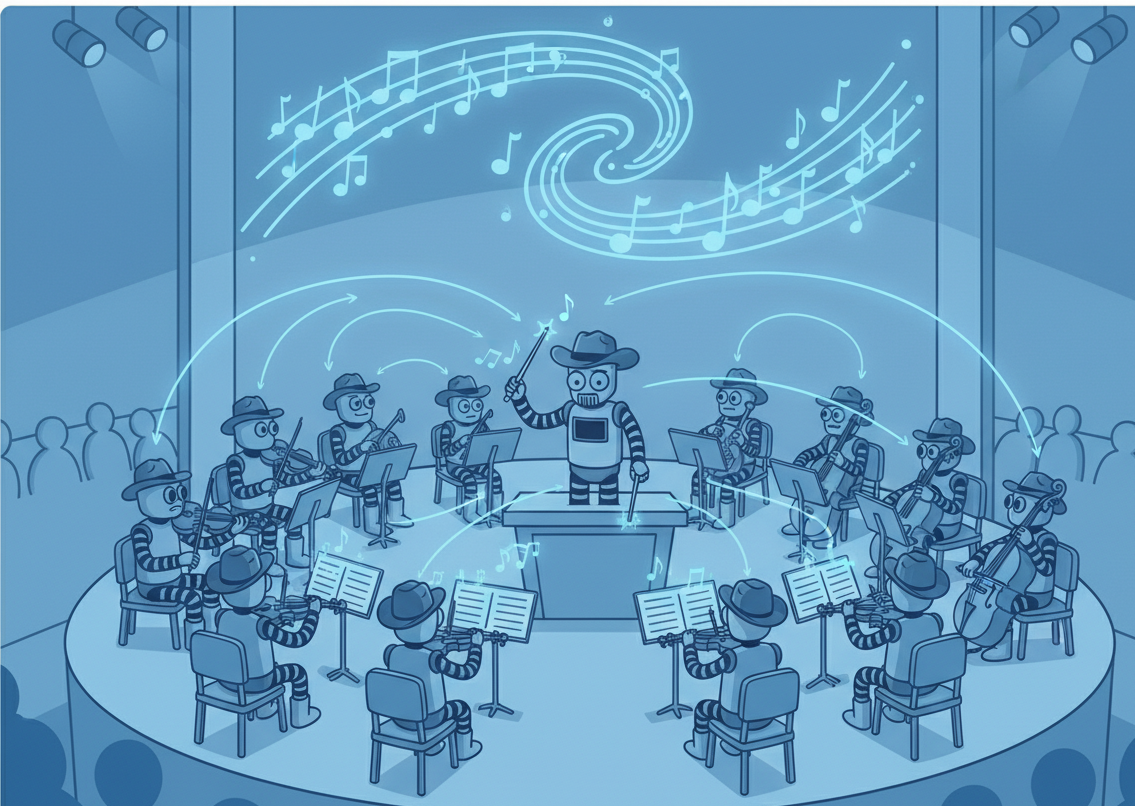ChatGPT vs Perplexity AI: Choosing the Right Tool for You

Table of Contents:
- Introduction
- What is ChatGPT?
- What is Perplexity AI?
- ChatGPT vs. Perplexity AI: A Head-to-Head Comparison
- Summary: Which Tool Is Right for You?
Introduction
Two tools have emerged as favorites in the AI chatbot space: ChatGPT and Perplexity AI. Both serve different purposes.
ChatGPT excels at conversation and coding, and Perplexity AI mainly specializes in accurate, real-time information from the web. Understanding these distinctions will help you choose the right tool for your needs.
Follow along as we break down the key features, strengths, and limitations of ChatGPT and Perplexity AI.
What is ChatGPT?

ChatGPT is an application developed by OpenAI that leverages their own frontier large language models (LLMs) like GPT-4o and o1-preview. Initially released in November 2022, ChatGPT became popular by producing human-like text responses from AI. By January 2023, ChatGPT had amassed over 100 million active users, taking the throne as one of the fastest-growing consumer applications in history.
Key Features:
Conversational Abilities: It simulates human-like interactions through natural dialogue in real-time. This fluency allows it to assist through back-and-forth conversations.
Writing: Can be used as a collaborator for tasks like brainstorming, drafting, and writing. Writers can use it to overcome writer’s block, develop ideas or outlines, and write full pieces.
Coding: It is highly effective at coding-related tasks by offering suggestions, debugging, and writing code in many programming languages. Its ability to turn natural language into code makes it a great tool for novice and experienced developers to turn their ideas into programs.
Image Generation: It integrates with OpenAI’s DALL-E model to generate images from text-based descriptions. This allows users to create visual files by describing what they want.
Web Browsing: Allows access to real-time information from the internet, enabling it to search for and provide up-to-date responses on current events, news, or niche topics. When used, this finds information beyond the model's knowledge cut-off.
Advanced Data Analysis (Code Interpreter): It can execute Python code for tasks like solving complex math problems, performing data analysis, and creating visualizations. This is valuable for users dealing with large datasets, automating reports, or conducting statistical analyses.
Custom GPTs: Users can create their own versions of ChatGPT tailored to specific tasks or workflows. These can modify ChatGPT’s default behavior, provide personalized instructions, or integrate APIs to extend its functionality. These GPTs can be shared or published in the GPT Store for others to use.
Strengths: ChatGPT offers a user-friendly interface and robust tools that are intuitive and easy to use. It handles a range of tasks, from casual conversation to complex problem-solving.
Limitations: ChatGPT sometimes provides inaccurate information or reflects biases present in its training data. While it can include browsing capabilities, the base model does not have direct access to real-time information, which can limit its usefulness for the latest updates or niche current events.
What is Perplexity AI?

Perplexity is an AI-powered search engine that gives you direct answers and summaries from the web. Launched in August 2022, it quickly gained traction as a tool to deliver immediate, accurate responses with source citations. By integrating LLMs with real-time web data, Perplexity AI aims to enhance the way users retrieve information, making the search process fast and transparent.
Key Features
Direct Answers with Source Citations: It provides immediate answers along with links to the original sources. This pulls the most relevant information from various websites and lets you verify the information and explore topics in more depth.
Access to Current Data: It accesses up-to-date information from the internet. This is useful for the latest news, current events, and recent research findings.
Conversational Follow-Up: It allows follow-up questions to iterate on prompts and go deeper into a subject.
Specialized Search Filters: Perplexity AI offers a set of focused filters that let you tailor your response to your own specific needs.
- Web filter searches across the internet for broad information.
- Academic filter finds published research.
- Math helps solve equations and retrieve numerical data by integrating with Wolfram Alpha.
- Social filter explores community discussions and opinions.
- Video filter finds videos relevant to your query,
- Writing feature lets you generate text without web searches, making it ideal for drafting and brainstorming.
- Reasoning filter (currently in Beta) uses OpenAI o1-mini model to handle complex problem-solving tasks. It doesn’t include web search but excels at puzzles, math, and coding challenges.
Strengths: Perplexity excels at delivering accurate, well-sourced answers using advanced models and retrieval techniques. It ensures responses are fact-based, minimizing hallucinations common in many AI models. With custom search filters like academic papers, news articles, and social media discussions, Perplexity provides targeted, precise information.
Weaknesses: Perplexity lacks the creativity that tools like ChatGPT excel at, making it less effective for generating content or writing code. Its focus on factual retrieval limits its usefulness for creative tasks. Additionally, the recent introduction of ads within search results, while clearly labeled, can detract from the user experience by mixing promotional content with information.
ChatGPT vs. Perplexity AI: A Head-to-Head Comparison
Summary
ChatGPT and Perplexity AI have different core strengths and excel in distinct areas.
ChatGPT is a highly versatile tool ideal for creative writing, coding support, and engaging conversational experiences, making it perfect for users who want a collaborative AI partner. Its strengths in generating diverse content and assisting with complex problem-solving, such as advanced data analysis, distinguish it as a multifaceted assistant.
Perplexity AI, on the other hand, specializes in accurate and up-to-date information retrieval, providing transparency through source citations. It excels at research and summarization tasks, giving users quick access to current data across specialized filters, such as academic papers and social discussions. However, it falls short in areas requiring creativity, conversational engagement, or code generation.
Choosing between the two depends on the user's specific needs:
- For creative tasks, coding assistance, and interactive conversations, ChatGPT is the preferred choice.
- For accurate information retrieval, research, and up-to-date summaries with source citations, Perplexity AI is more suitable.
Both tools have their limitations, but they significantly expand our capabilities compared to what was available before them. Regardless of which one you choose—ChatGPT for creativity and engagement, or Perplexity AI for research and factual accuracy—you'll be far better equipped than without either. Ultimately, selecting the right tool depends on your needs, but you can be confident that both will elevate your productivity and enhance your knowledge in meaningful ways.
About PromptLayer
PromptLayer is a prompt management system that helps you iterate on prompts faster — further speeding up the development cycle! Use their prompt CMS to update a prompt, run evaluations, and deploy it to production in minutes. Check them out here. 🍰



